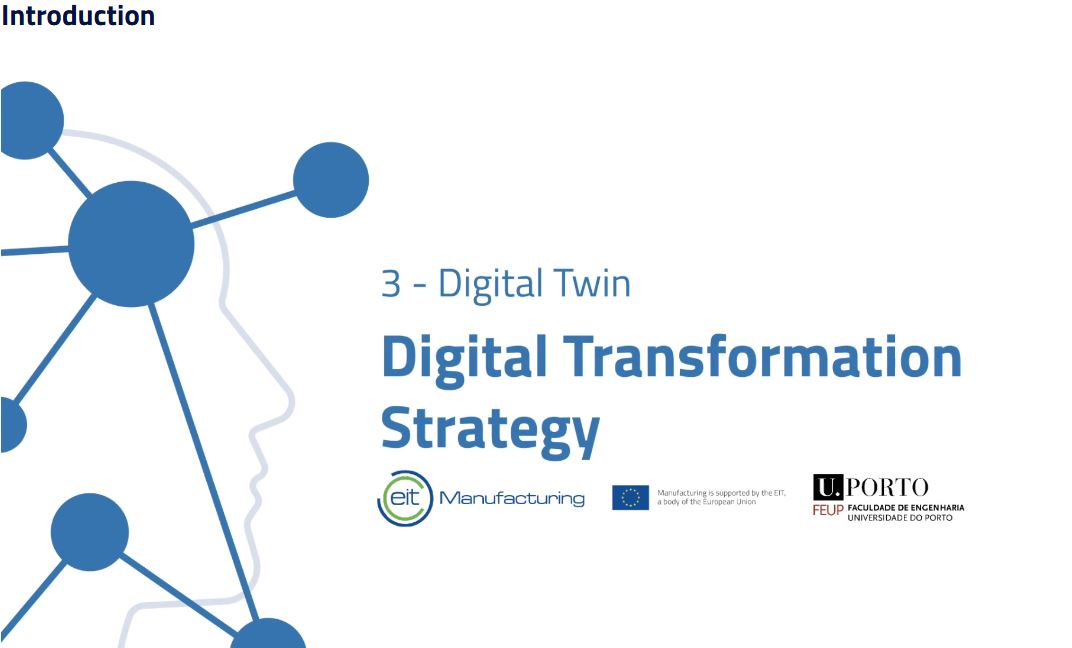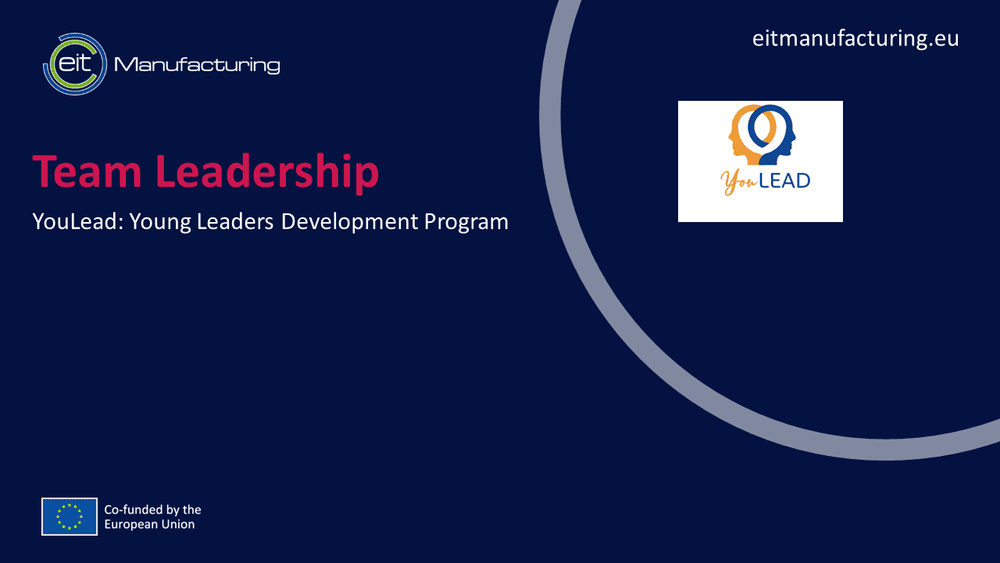Type of course:
Digital learning, Lesson
Language:
EN
Duration:
15 minutes
Workload:
2 hours
Proficiency:
Beginner
Target:
Students, Workers
Traceability refers to the ability to track and record the history, location, and usage of products or components throughout their entire lifecycle. It ensures transparency, accountability, and quality control in various industries, such as manufacturing and supply chain management. Digital twin, on the other hand, is a virtual representation of a physical object, system, or process that allows real-time monitoring, simulation, and analysis, enabling better insights, predictive maintenance, and optimization in diverse fields like engineering, healthcare, and urban planning.
In this learning nugget we are going to learn about the definition of Traceability mainly and then combining it with the concept of traceability is our plan. The four pillars of traceability will be introduced and we will give answer to the question “who is going to handle Traceability ?”. Of course there are also some challenges that should be named and an example will be shown briefly.
Learning outcomes
- The learner will understand the general concept of Traceability and its usage in the industry.
- The learner will have a look at the maturity levels of traceability systems for the readiness check of the industry.
- The learner will get familiar with the key points and competencies required by the industry that are important for a specific maturity level.
Course Content
Topics
Digital Transformation, Digital Twin









